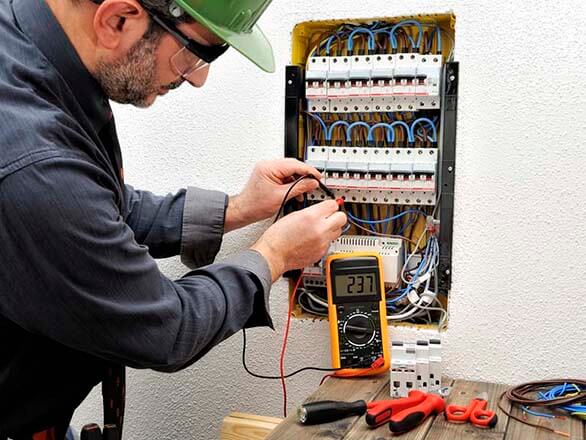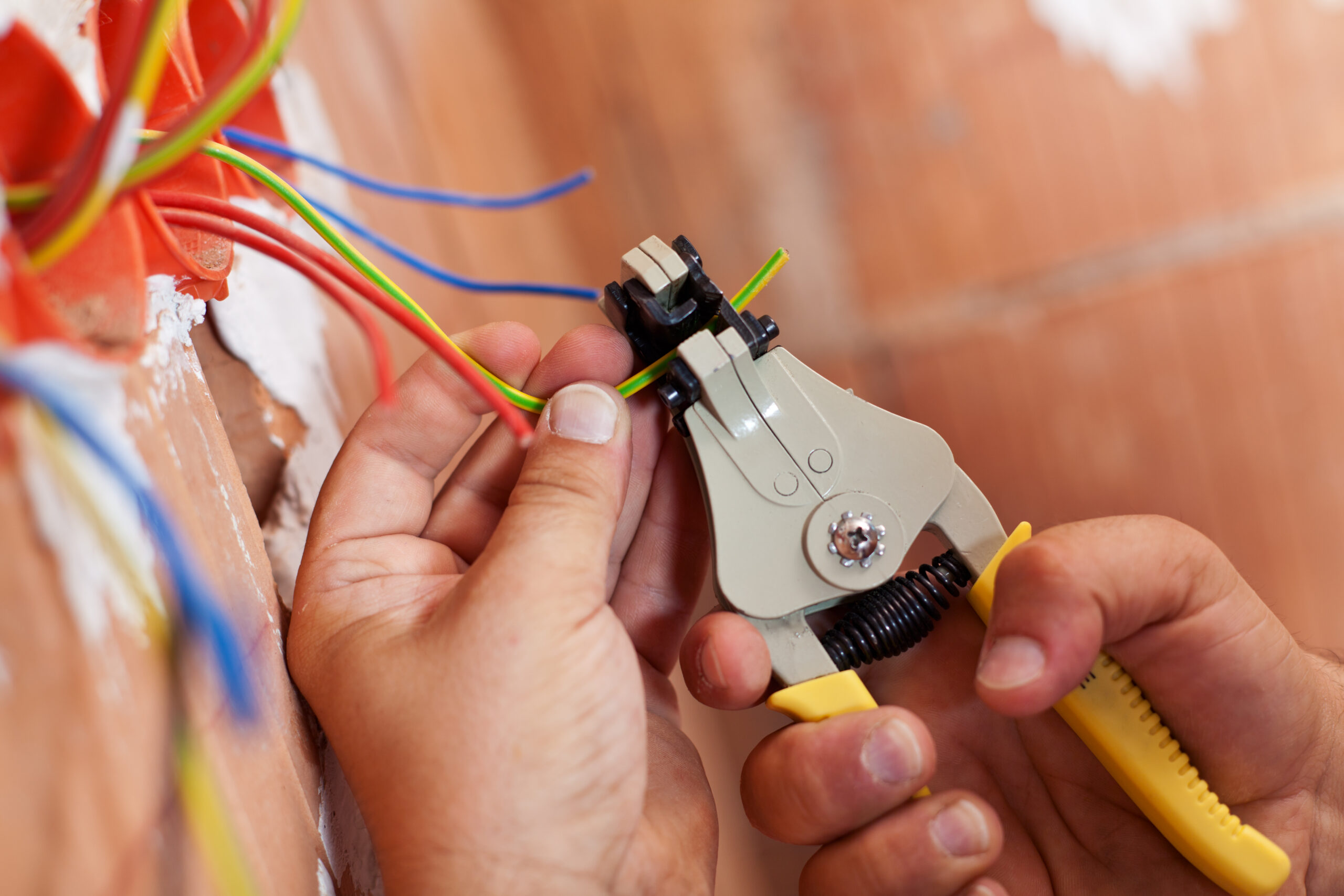Commercial generators
Commercial generators are essential for businesses and organizations that require a reliable power source. Whether for backup power during outages or primary power in remote locations, commercial generators play a critical role in keeping operations running smoothly.
Types of Commercial Generators
There are several types of commercial generators, each with its own unique features and benefits. The most common types include:
Standby Generators
Standby generators are designed to automatically turn on when the power goes out and provide backup power for a limited time. They are typically installed outside of a building and connected to the electrical system through an automatic transfer switch. Standby generators are ideal for businesses and organizations that require power for critical operations, such as hospitals and data centers.
Portable Generators
Portable generators are compact, lightweight, and easy to move. They are often used for construction sites, outdoor events, and emergency situations where a temporary source of power is needed. Portable generators can run on gasoline, propane, or diesel fuel and come in a variety of sizes and power outputs.


Prime Power Generators
Prime power generators are used as a primary power source in remote locations where there is no access to the electrical grid. They are typically larger and more powerful than other commercial generators and can run continuously for extended periods. Prime power generators are often used in mining operations, oil and gas drilling sites, and remote communities.
Uses of Commercial Generators
Commercial generators have a wide range of applications, including:
Backup Power for Critical Operations
Back-up power is essential for businesses and organizations that require power for critical operations, such as hospitals and data centers. Commercial generators provide backup power during outages, ensuring that operations can continue without interruption.
Primary Power in Remote Locations
Commercial generators can provide primary power in remote locations without access to the electrical grid. This is especially important for mining operations, oil and gas drilling sites, and remote communities with limited access to power.
Temporary Power for Construction Sites and Events
Commercial generators can provide temporary power for construction sites and events, such as outdoor festivals and concerts. Portable generators are particularly useful in these situations as they are easy to move and can be set up quickly.
Maintenance of Commercial Generators
Regular maintenance of commercial generators is essential for ensuring that they run smoothly and safely. Proper maintenance can also help extend the life of the generator and avoid costly repairs down the road.

